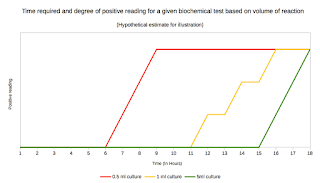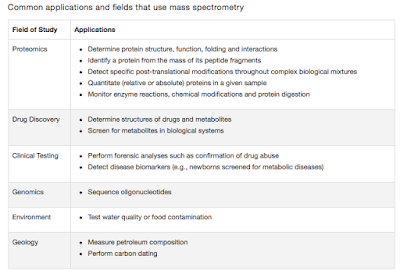BtB#10- Probiotics
Greetings
I'm very much sure that you have at least heard of the term "Probiotics" though many are not quite familiar with what it actually is. The concept of Probiotic was proposed by Elie Metchnikoff (1907) where he theorized the advantages of using a host-friendly bacteria in health improvement. The credit of introducing the term (1953) goes to Werner Georg Kollath, a German bacteriologist, hygienist and food scientist. Digging back into the history, the term Probiotic has had different definitions. The first definition (1965) was, a substance secreted by one microbe that enhances or stimulates the growth of another. This has changed to, live microorganisms that, when administered in adequate amounts, confer a health benefit on the host.
There are many different probiotic formulations available in the market. The exact composition varies but almost all of the validated products have Lactobacillus and Bifidobacterium species incorporated into it. A common question asked is, if regular consumption of Probiotic good and do these microbes impact improvement in health? Though it has been debated, most experts agree that commercial probiotics are not something you want in your regular diet. Probiotics works in several ways. For example, Lactobacillus species (also found in yogurt and curd) are known to produce vitamins of interest and boost immune functioning. Bifidobacterium species are known to regulate other commensals in the gut.
 |
| Fig 1: Prebiotic vs Probiotic. Source |
Probiotics are often recommended when there is a microbial imbalance. Currently, probiotics mainly target gut microbiome. In cases where a patient is on antibacterial therapy, where gut microbiome is bound to be influenced, probiotics are recommended. One question is if the probiotic bacteria themselves have a resistance pattern. Studies have shown that probiotic bacteria are resistant to many different drugs (depending on the species involved in the formulation). This may be of indirect help since, probiotic microbe shouldn't be attacked by the antibiotic so that they are available to do their work.
A second not so common but the related term is "Prebiotics". Prebiotics are a non-digestible food ingredient that promotes the growth of beneficial microorganisms. The important differences between probiotic and prebiotic are shown in Fig 1.
 |
| Table 1: Effects of Probiotics as an adjuvant. Source |
Considering that there is a lot of research in recent times indicating the importance of microbiome, certain experts have opinioned that probiotics could be used as an influencer to modulate the biome. For example, Several candidate rotavirus vaccines had low efficacy in clinical trials which were peculiar to a subpopulation. Apart from genetic factors, certain studies have indicated possibility of microbiome as an important determinant of efficacy. Also considering that microbiome is a known factor in immune development. So does the probiotic qualify as a vaccine in its own right? Well, that could be debated. Probiotics are also being researched as a vaccine adjuvant (See Table 1 for some examples), Psychobiotics etc.
It is a wrong idea that probiotics are only for the gut. The concept of probiotics can be used in any context where a microbiome is involved. For example, skin is highly covered by microbiome. There is a substantial research evidence that probiotics can play a significant role in skin heath, such as improvement in atopic dermatitis, healing of scars and improving skin’s innate immunity.
It is already a recommended practice according to many guidelines, to take probiotics as an adjunct to antibiotics. In future (Im slightly overblowing the conept), I anticipate it will be a custom to profile a person's microbiome and then give them a probiotic configuration accordingly to help in the treatment of multiple conditions.





Comments
Post a Comment